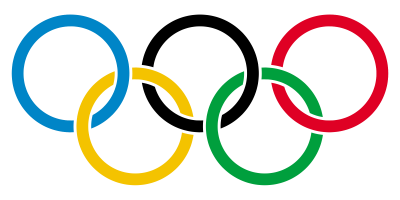Four Key Facts the Western Media is NOT Reporting about the Russian Olympic Doping Scandal

With the Rio Olympics now underway and with the Western media still grumbling about the IOC’s refusal to impose a blanket ban on Team Russia, this is good moment to summarise briefly the key facts about the Russian Olympic Doping Scandal.
The Russian Olympic Doping scandal reproduces the pattern of other scandals involving Russia in that the version of the scandal provided to the Western public by the Western media is distorted because of the omission of key facts.
Thus in the case of MH17 it was the presence of Ukrainian BUK missile launchers in the area where MH17 was shot down that is being barely reported. In the Litvinenko affair it is that contrary to media reports polonium is not expensive or difficult to obtain, does not come exclusively from Russia, and does not contain trace elements that enable it to be traced back to Russia. In the case of the Khodorkovsky affair it is that the European Court of Human Rights has repeatedly said that Khodorkovsky is a fraudster on a Homeric scale and that the charges of massive tax evasion brought against him by the Russian authorities are true.
I thought it might help if I briefly set out the 4 key facts about the Russian Olympic Doping Scandal that the Western media are not reporting and which if they were reported would I am sure fundamentally change the way most people in the West perceive the scandal.
They are:
- That since January test samples of Russian athletes are tested in Britain with British scientists and officials involved in their collection;
- That the proposed blanket ban on Team Russia was discriminatory and contrary to the Olympic Charter and was illegal, as is the ban on individual Russian athletes and on Russian track and field athletes who have never been caught doping;
- That Yulia Stepanova – the supposed whistleblower at the heart of the story – is being prevented from participating in the Rio Olympics because the IOC’s Ethics Commission has decided that her conduct was unethical; and
- That the McLaren report is incomplete, has “implicated” Russian athletes in doping on no evidence, did not solicit comments from any Russian athletes or officials in connection with its alleged findings, did not assess evidence thoroughly, impartially or objectively, did not solicit advice from a range of scientific and forensic experts to assess the forensic evidence, and relies heavily on the evidence of Dr. Grigory Rodchenkov, who was previously accused by both WADA and the Russians of being at the centre of the doping, and who is on the run from the Russian police and has fled to the US.

